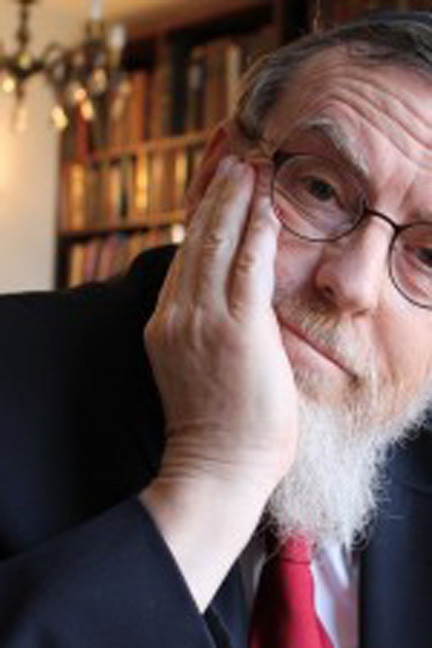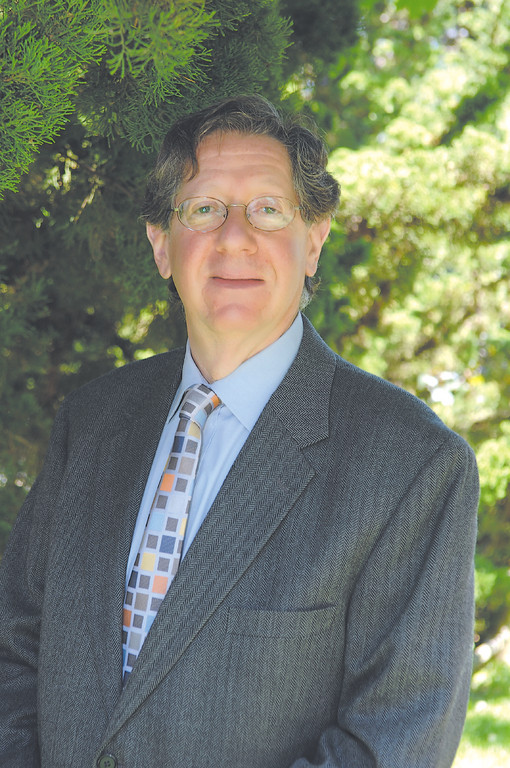The Kosher Bookworm An autobiography by a Jew who never should have been
For most of our readers, the name Nathan Lopes Cardozo has a non-Jewish, exotic ring. Nevertheless, when you read on you will discover that with his name comes a gentleman whose legacy and ancestry bespeaks of a personal history that legends are made of.
The Spring 2013 issue of “Conversations,” Rabbi Marc Angel, editor, published by The Institute For Jewish Ideas and Ideals, [jewishideas.org] has as its theme, “Roads Into Orthodox Judaism” that explores the individual’s religious adventure from the vantage point of those who have found their ways into Orthodox Judaism. This is a diverse group; some are converts, some are born Jews who grew up in non-Orthodox homes. Each found their way to Orthodox life styles, and their stories are reflected in the dozen essays in this volume. Some of the other essays are written by scholars and researchers who each, in their own manner, describe their take on the experiences of these people and the reasoning and impact their experiences have upon the Jewish religion of today.
Of these, I chose the one with whom I enjoy a personal acquaintance, Rabbi Dr. Nathan Lopes Cardozo. Below, is a brief biography. Dr. Cardozo’s spiritual journey will hopefully lead you to read the complete story in his essay, “Lonely But Not Alone,” on his website and to further study his many works on Jewish religious thought and theology.
Rabbi Cardozo was born on July 26, 1946 in Amsterdam. On his father’s side he is descended from anusim (maranos). His father was Jewish, his mother was not. In describing this, he states, “In many ways, both these facts – an unusual birth and being the child of a mixed marriage – have set the stage for my life. I often see things from a reverse position. What is normal for others evokes in me feelings of wonder and awe, and what others consider amazing, I see as obvious.”
This youth converted to Judaism at age sixteen. He spent the next 12 years learning in chareidi yeshivos including Gateshead Yeshiva in England and “received heter hora’ah [rabbinical ordination] from Rav Aryeh Leib Gurwitz who was, in his younger years, the chavrusa of Rav Elchanan Wasserman, Hy”d, the most well known disciple of the Chofetz Chaim.” Today, he is one of Israel’s leading Jewish theologians and an outspoken advocate of a unique form of Modern Orthodoxy.
“My Judaism is one of dissent, protest, and spiritual war against too much conformity. Self-critique is the crucial issue, not self-satisfaction. Not clichés, but insight; not obstinacy, but elasticity; not habit, but spontaneity; these and deep religiosity are for me the great movers behind this magnificent tradition.”
Rabbi Cardozo states: “I spent 12 years in yeshivos, and today when I speak with many people who reject the yeshiva world and criticize it harshly for all its faults, I realize that although I agree with many of their critical assessments, they fail to understand the inner music of these institutions. They do not realize that this introverted but remarkable world somehow lifted the Jews out of their misery throughout history and gave them the strength to survive all their enemies under the most intolerable conditions brought on by anti-Semitism.
It was this denial of time that made the Jews eternal. The yeshiva world was no doubt very small compared to what it is now, but up until the emancipation it was the pride of the entire Jewish world. The Talmud afforded the Jews wings, enabling them to fly to other worlds, to return to the past that no longer existed and to look toward worlds that were still to come. It became the Jews’ portable homeland, and their complete immersion in its texts made them indestructible even as they were tortured and killed. The Talmud became their survival kit, which ultimately empowered them to establish the State of Israel, nearly 2,000 years after they were exiled from their land. This is unprecedented in all the history of humankind. Regretfully, most Israelis do not realize this.”
These words of wisdom balanced later on with a healthy critique of chareidi educational policies and content make Dr. Cardozo one of my favorite intellectual leaders on the contemporary scene. His ideological stance is based upon pure Ahavat Yisrael.
For the full essay and weekly essays, “Thoughts to Ponder,” visit cardozoacademy.org.
SOME FURTHER THOUGHTS
With all the controversy concerning the tensions at the Kotel, a little step back into past history is in order. First, read Rabbi Eliezer Malamud’s recent essay, “Straight Talk on Torah, Army and the Hareidim” for his take on this hot button issue.
Next, read from HaRav Avraham Yitzchak Kook, zt”l, “The Kotel Affair” going back to the late 1920s and of the events of that era that still haunt us to this very day.
And, now consider the following entitled, “The Chareidim and the Liberation of Jerusalem” by Rabbi Avishai Elboim, director of the Rambam Library in Tel Aviv. Read this carefully, please: “About five years ago, an exhibition was set up in the Rambam Library on the subject of ‘Liberation of Jerusalem in the Eyes of the Jews.’ One of the exhibits was the front page of the newspaper, ‘Hamodia,’ published by Agudas Yisrael, dated the 29th of Iyar, 5727, describing the achievements of the IDF. On the front page there was an editorial with the headline, ‘Echo of the Day.’ Reading this article is a very emotional experience, and it presents us with the Jewish viewpoint of how great were the events of the time of the Six Day War.”

 48.0°,
Overcast
48.0°,
Overcast 







